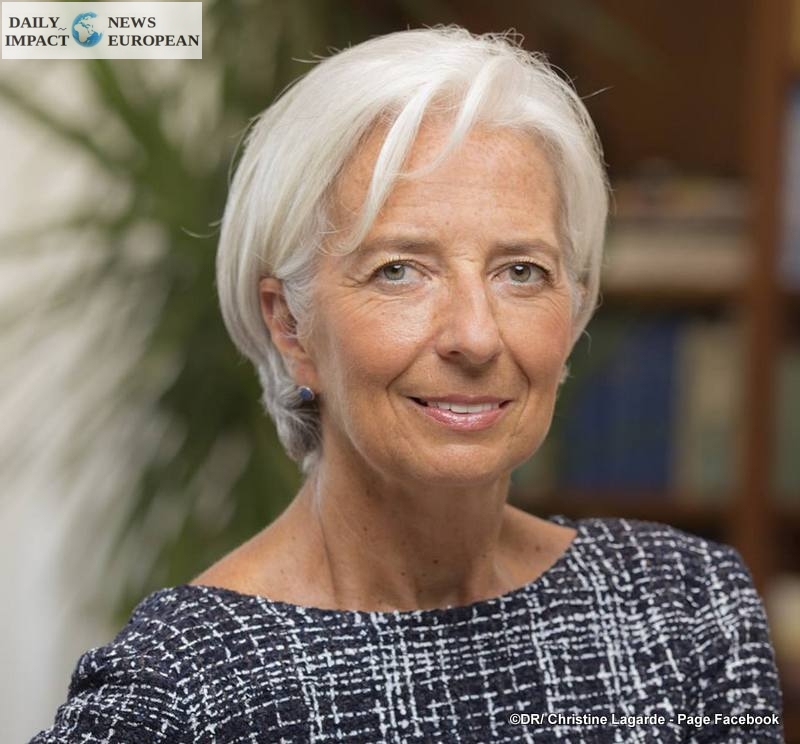However, the vote of the European Parliament by secret ballot is only a recommendation, with the final decision coming to the European Council at its summit in mid-October.
Following a plenary debate, MEPs recommended Christine Lagarde as the head of the European Central Bank (ECB) by 394 votes in favor, 206 against and 49 abstentions, in a secret ballot.
The European Parliament (EP) is issuing a non-binding opinion on a candidate’s ability to assume the role of President of the ECB, the final decision being taken by the European Council, recalls the EP in a statement.
The current managing director of the IMF had already received the support of the European Parliament’s Committee on Economic Affairs, which had held a hearing on 4 September in Brussels.
The EU’s heads of state and government should formalize Christine Lagarde’s eight-year appointment at a summit scheduled for mid-October.
If the member states then confirm Lagarde, she will take over from Italy, Mario Draghi, on November 1. « Christine Lagarde has all the qualifications for this position. Moreover, his appointment is a strong signal in terms of gender equality in the ECB, » Valdis Dombrovskis, Vice-President of the European Commission, told the European Parliament.
International Monetary Fund (IMF) Managing Director Christine Lagarde, 63, said she was « very honored to have been nominated for the presidency » of the European Central Bank (ECB). She tweeted:
« In the light of the above, and in consultation with the Ethics Committee of the Board of Directors, I have decided to temporarily leave my position as Managing Director of the IMF during the appointment period. «
Christine Lagarde was appointed Managing Director of the International Monetary Fund in 2011, and was reappointed in July 2016. His second term of office was due to end in 2021.
Christine Lagarde was heard several hours on September 4 by the European Parliament’s Committee on Economic Affairs, to which the ECB president is held accountable several times a year. Lagarde explained that she wanted to clarify her policy and make it more accessible to European citizens:
« It is imperative that we dust off language and avoid excessive technocratic jargon to allow citizens, consumers, people who are not necessarily monetary policy experts to understand what the ECB is for. «
European leaders agreed on their casting on Tuesday to lead the European Union, which will see two women in key positions: a German minister, Ursula von der Leyen, at the Commission, and French minister Christine Lagarde at the ECB.
Views: 0



More Stories
Phenom 300E: The World’s Leading Light Jet for 14 Consecutive Years
Coutures: Angelina Jolie Stuns at the Paris Premiere
Ranking of French Cities by Rental Yield